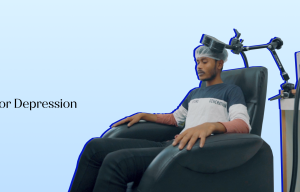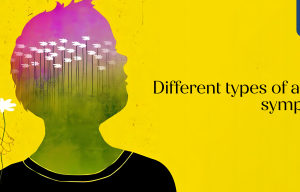Filter blog
- Autism (8)
- Autistic (2)
- Behavioral Disorders in Children (3)
- Biofeedback (4)
- Biofeedback (4)
- Bipolar Disorder (22)
- Child and Adolescent Psychiatry (10)
- Counseling (11)
- Dementia (15)
- Depression (33)
- Drug abuse (4)
- Drug addiction (6)
- Eating disorder (5)
- Empty Nest Syndrome (2)
- Father's Day (1)
- Geriatric Psychiatry (1)
- Insomnia (14)
- Learning Disability (1)
- Mental Health (42)
- Mental Illness in Children (6)
- OCD (10)
- Panic Attack (1)
- Patient care (4)
- Personality Disorder (2)
- Phobia (4)
- Post Traumatic Stress Disorder (13)
- postpartum depression (1)
- Psychiatric Emergency (4)
- Psychiatrists (1)
- Psychiatry (4)
- Psychological issues (12)
- Psychologist (13)
- Psychotherapy (7)
- PTSD (3)
- Relationship (14)
- rTMS (2)
- Schizophrenia (17)
- SLD (1)
- Stress Management (29)
- Suicide (7)
- Suicide Prevention (1)
- tms (1)
- Treatments (35)
- Uncategorized (5)
- Uncategory (15)









